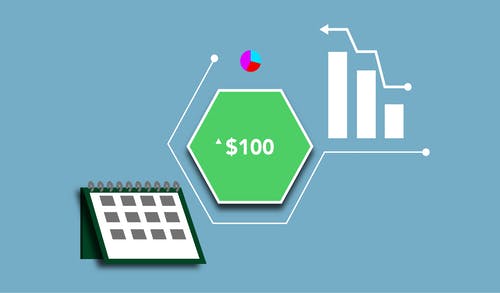7 Ways to Boost Your CIBIL Score
When it comes to taking a loan or applying for a credit card, the procedure goes more than just filling in your details. The Credit Information Bureau (India) Limited (CIBIL) is one of the four credit bureaus in India that provides a credit report based on your credit score. Your CIBIL score is a reflection of your credit history and is used by lending institutions to determine your creditworthiness before approving loan credit card applications. This score is calculated based on factors such as your payment history, length of payment history, applications for credit, the debt amount, etc. Improving and maintaining a good credit score is imperative since it keeps you in the good books of money lenders.
Ways to Boost CIBIL Score
#1 don’t pile up on outstanding bills. Paying dues on time keeps your interest rate at the lower end and also helps to improve your CIBIL score. Inculcate the practice of paying the basic amount due since it appears on the credit card statement and will help you avoid the late payment fee.
#2 while opening a new credit line will increase your credit limit, it will also raise questions and result in a hard inquiry. A hard inquiry is a detailed analysis of your credit profile to determine the risk factor in lending you money. Such an inquiry gets reflected on your credit report for two years and multiple hard inquiries in a short span of time can have a negative impact on your score. To keep up your credit score, limit the number of credit lines you have.
#3 If you keep your credit utilization on the lower side, banks will allow you to increase your credit limit. This does not mean that you can spend beyond your means. Simply, it means that you have a lot more credit available at your disposal. Having a better credit limit with a lower credit utilization can have a positive impact on your CIBIL score since you will not be exceeding your repayment capacity.
#4 Keep a close eye on your credit report and ensure you rectify any errors. This can be anything from incorrect information to delays in updating the report with important information. These errors and misreportings can have a negative impact on your CIBIL score so you should have them rectified as soon as possible. Credit bureaus provide you with one free credit report per year so make use of that. Online portals have also made it easier for you to keep track of your credit score.
#5 When you take a loan or purchase a credit card, your repayment capacity plays a very important role in influencing your CIBIL score. You should borrow only what you need so that when it comes to paying your EMIs, it does not cause a strain on your bank account and cause a negative impact on your credit score.
#6 Perhaps the easiest and simplest way to keep improving your CIBIL score is by sticking to safe decisions and not engaging in anything risky. Two of the biggest risks are missing payments and suddenly paying less than you normally do. Other risks include taking cash advances or exceeding your spending capacity, etc.
#7 Contrary to popular belief, you should not close your old debt accounts. As soon as we pay off our EMIs, we are in a rush to close the accounts and get them off our credit report. But if they are good debts that were paid in time and in accordance to the agreed terms, they are actually good beneficial for our CIBIL score. The longer is your good debt history, the better it is for your CIBIL score. Old accounts with a solid repayment record and good debt history should be kept open as long as possible.
Conclusion
Having a good CIBIL score results in enjoying many benefits such as low interest rates on loans, better credit line, easy and quick approvals on loans and credit card applications, etc. It is a matter of being disciplined and consistent with your repayments and staying on top of any misreportings or errors so that you can have them rectified as soon as possible.

